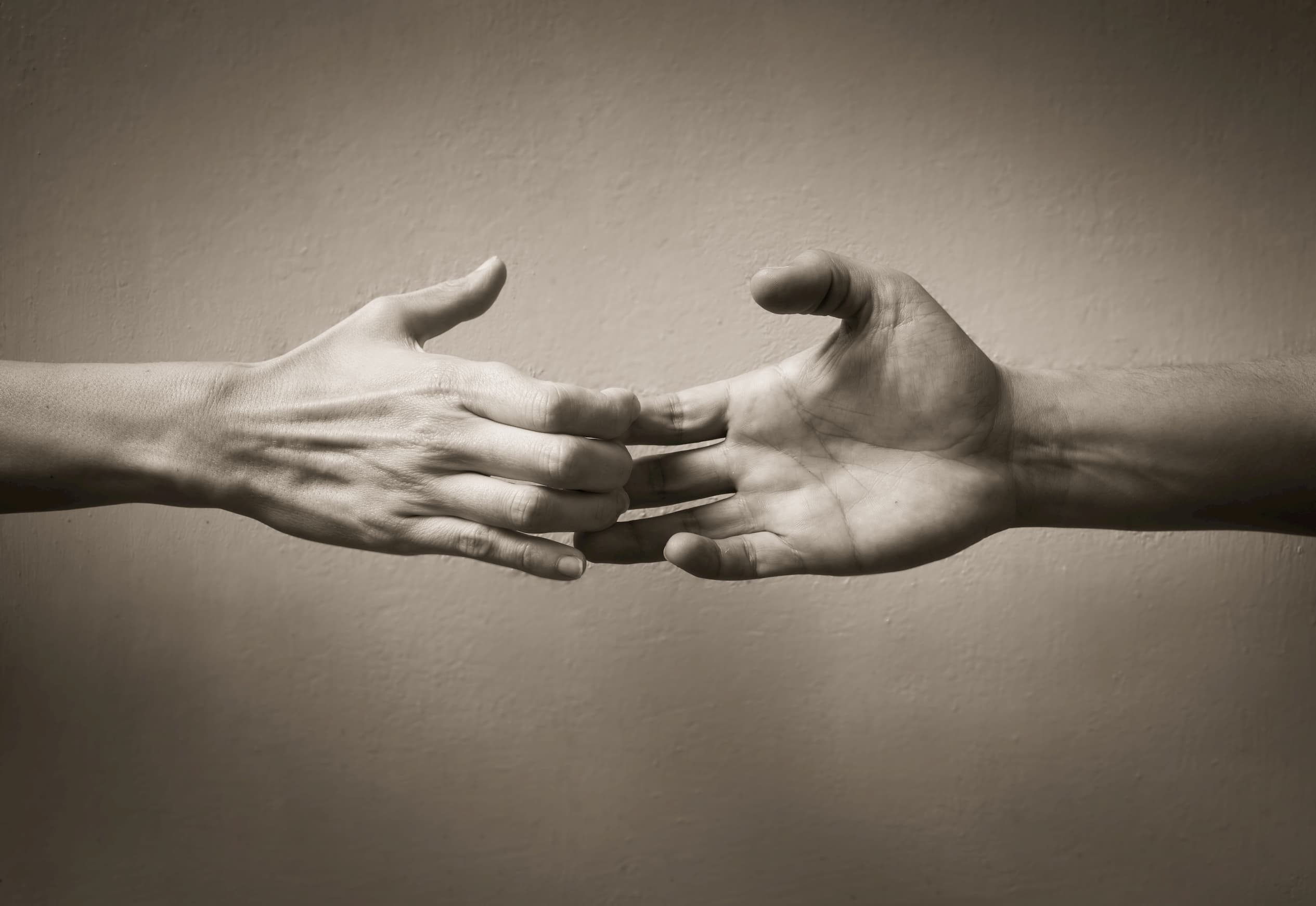It is difficult to be part of a failing relationship. Sometimes, relationships can become boring and partners fail to find the lost interest in each other. At other times, partners find it hard to control their emotions, which leads to outbursts that can seriously harm every relationship. Whatever the reason behind a failing relationship, the fact of it being difficult to handle remains.
However, that doesn’t have to be the end. Many relationships go through a couple of rough patches and end up stronger for it. Even problems such as losing attraction to your partner can work out if you give your relationship a chance and resort to professional emotional intimacy coaching. However, it’s always good to first know why you’re experiencing such difficulties.
How Long Does The Average Relationship Last?

Research shows that the current average length of a relationship is only 2 years and 9 months, which can sound discouraging, unsettling even. However, this kind of relationship average is taken slightly out of context as it can depend on multiple factors such as the age of both partners. There are three main relationship categories based on the age of the partners, and their duration can vary:
- 20-year-olds: Young adults aged between twenty and thirty begin to form longer-lasting relationships. Relationships at this age can last as much as four years. However, although generally emotionally mature, individuals of this age are rarely ready to settle down.
- 30-year-olds: When individuals hit the age of thirty, the duration of a relationship significantly increases. Generally speaking, this is a time when most people start thinking about settling down with a partner, which leads to a decrease in breakups and increase in relationship longevity.
- Older individuals: As individuals get older, the average duration of a relationship increases to ten years or more, as breakups decrease even more. This leads to the conclusion that when relationships and partners pass a certain point, breakups become less likely.
However, it is worth noting that the average length of a relationship is nothing more than a generalization based on a limited number of samples. The actual duration of a relationship between two individuals depends on many factors, and cannot be precisely quantified.
Why Do Relationships Fail?
Providing a definite conclusion on the reason behind a failed relationship is impossible. All relationships are different, and getting to the bottom of the breakup is a lot more complicated than stating a single reason.
There are several reasons behind failed relationships that seem to come up more frequently than others. While it is not possible to state the single biggest reason behind most breakups, it is worth taking a look at the most commonly stated reasons for relationships not working out.
- Lack of trust
Losing trust in your partner is one of the most common reasons couples break up. When you lose trust in a relationship, you also lose security and safety, which are paramount for success. What’s more, lack of trust can lead to jealousy, emotional detachment, and possessiveness, among other issues.
- Priorities and expectations
Lack of similar priorities in life and relationships, as well as different expectations of a life spent together can lead to couples deciding to end a relationship rather than working on the problems.
- Poor communication
The inability to properly communicate with a partner is one of the biggest reasons behind the challenges that couples experience. Contemptuous communication can easily destroy a once-healthy relationship.
- Egocentricity
Egocentricity can lead to a single partner constantly trying to get their way, leaving the other party feeling increasingly less valuable and respected, which can lead to a relationship breakdown.
- Relational mistreatment
There are various forms of mistreatment in relationships, but they all boil down to repeated physical or mental abuse by your significant other. Every individual wants to be loved and cared for, and when the situation is completely opposite, relationships can end.
- Relationship boredom
Even though dealing with relationship boredom sounds extremely simple, the truth is that all relationship problems are equally difficult in their own right. Sometimes, couples find it too demanding to rekindle the spark, which leads to a breakup.
- Financial difficulties
One of the most frequent reasons behind marital dissolution and failed relationships is financial incompatibility. Sometimes, couples can find a common language when it comes to controlling their finances, which can cause their relationship to end.
What Is The Most Common Reason For Breakups?
As mentioned, providing a single, most common reason behind failed relationships would not only be impossible, but also inconsiderate to couples who are struggling because of different issues.
Relationships differ as much as the individuals in those relationships differ, and everybody perceives problems differently. For some, financial incompatibility is a more substantial problem than poor communication, while their partner could feel the opposite.
It is important to be aware of the fact that all relationship problems are equally important if they’re causing significant friction between you and your partner. Relationships require work, and even the arguably smallest of problems can cause discontent if left uncommunicated.
How Do You Revive A Dying Relationship?
Reviving a dying relationship takes an honest desire of both partners, and at times, requires help from a qualified relationship coach.
If you’re noticing that your relationship is starting to struggle, here are some things you can try doing to get it back on track:
- Admit responsibility if you think you’ve treated your partner poorly.
- If you or your partner have been dishonest, grant each other an opportunity to win the trust back.
- Be honest with your emotions instead of bottling them up.
- Be compassionate and caring towards the person you love.
- Try to always talk and work out the relationship problems you’re facing.
- Focus on the good parts of your relationship, instead of being blinded by the bad aspects.
- Don’t give in to your anger and try to always be respectful to your partner.
- Do not allow the people outside of your relationship to affect you and your partner’s decisions.
- Show your partner how much work you’re willing to put into your relationship to make it last.
- Try to introduce some changes to your relationship.
- Set more time to spend with your partner.
- Try to have more affectionate physical contact with your partner.
- Communicate all the relationship issues with your partner calmly and honestly.
- Try to have as much fun together as you can to make your relationship more enjoyable.
- Don’t shy away from seeking professional help from qualified relationship advocates.
Sign Up For PIVOT Emotional Intimacy Coaching And Overcome Relationship Problems

Being in a relationship that used to be loving, caring, and nurturing, and seeing it failing and crumbling under your feet is an emotionally draining experience that can take its toll on every person.
However, it’s never too late to try to revive your relationship. There are many options, and joining a private couple retreats for reconnection with your significant other can prove to be what your relationship needed to get back on track.
PIVOT is the perfect place for you and your partner to reconnect and rekindle the failing flame of your relationship. Our experienced team of relationship advocates provides individual coaching sessions, and we also organize relationship workshops and retreats with qualified and dedicated relationship coaches. Turn to PIVOT and find a common language with your partner again!



















